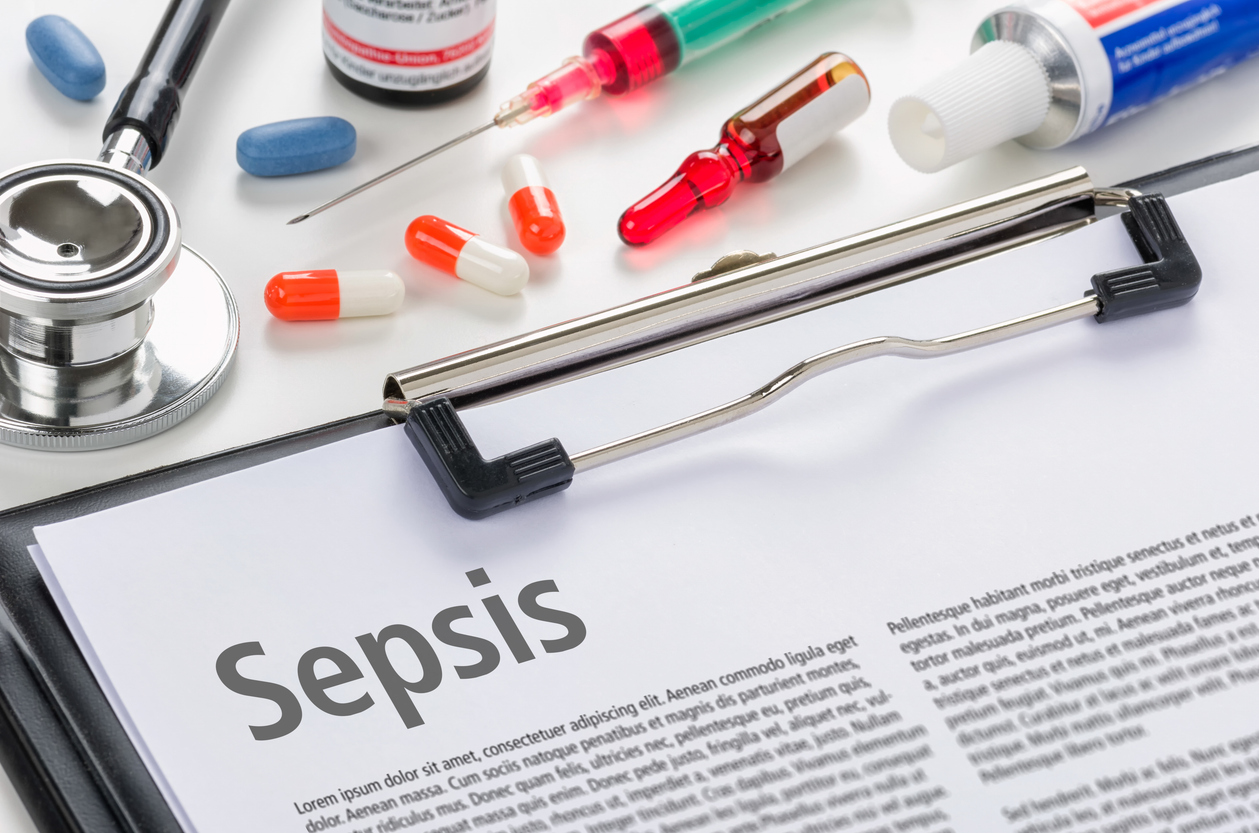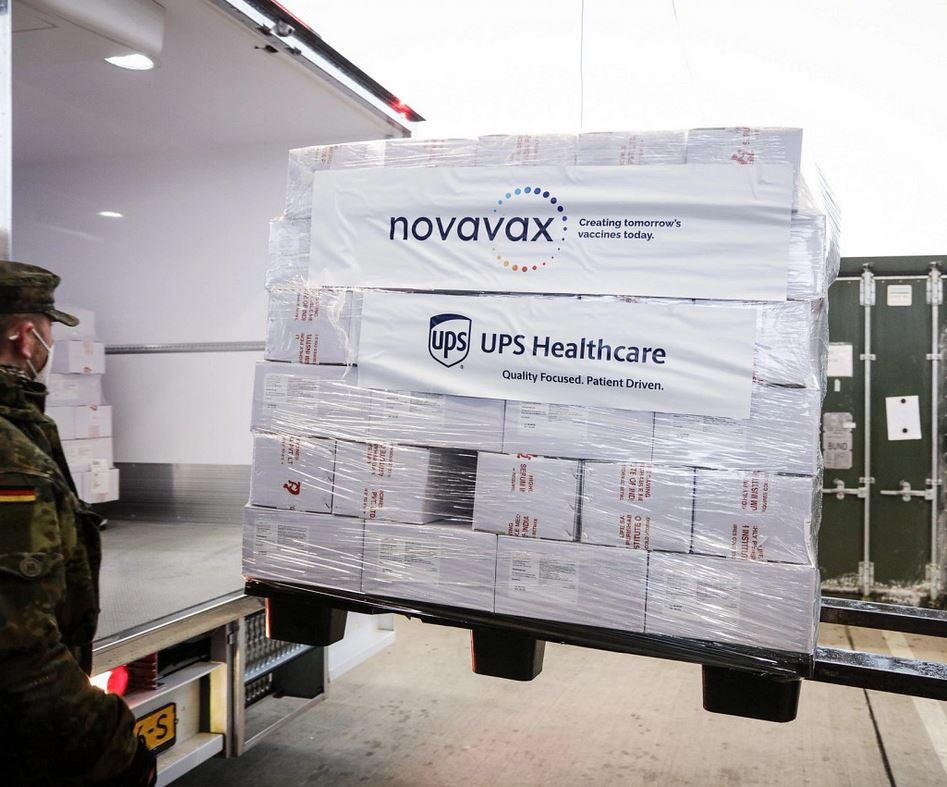
An analysis of patients treated for sepsis at US hospitals shows that close to 90% were likely overtreated, researchers reported yesterday in Clinical Infectious Diseases.
The study, led by researchers at Brigham and Women's Hospital in Boston and Harvard Medical School, reviewed the medical records of patients treated for suspected sepsis with anti–methicillin-resistant Staphylococcus aureus or antipseudomonal antibiotics in the emergency departments of seven US hospitals from 2019 through 2022.
In light of concerns that a federally mandated sepsis treatment protocol (SEP-1) that calls for antibiotic administration within 3 hours of sepsis onset might be driving unnecessary broad-spectrum antibiotic use in patients with noninfectious conditions or viral infections, the researchers wanted to assess patients' post hoc likelihood of bacterial infection. They also assessed outcomes, whether narrower-spectrum antibiotics could have been used, and possible antibiotic-associated complications.
1 in 3 mostly likely did not have a bacterial infection
Among 46,245 patients treated for suspected sepsis during the study period, 600 were randomly selected for review. Of those patients, 411 (68.5%) had definite or probable bacterial infections and 189 (31.5%) had possible but less likely or definitely no bacterial infections. Among the patients with definite or probable bacterial infection, 79.1% received overly broad antibiotics. Altogether, 86% of patients may have been overtreated.
Potential antibiotic-associated complications developed in 17.3% of patients within 90 days, most of them involving new infection or colonization with a drug-resistant organism. Mortality was higher for patients with less likely or definitely no bacterial infection versus definite or probable bacterial infections (9.0% vs 4.9%; adjusted odds ratio [aOR], 2.25; 95% confidence interval [CI], 1.70 to 2.98), but antibiotic-associated complication rates were similar (14.8% vs 18.5%; aOR, 0.79; 95% CI, 0.60 to 1.05).
"Our findings support the concern that in the setting of sepsis policies that require rapid administration of broad-spectrum antibiotics, empiric antibiotics for suspected sepsis are often unnecessary or broader than necessary in retrospect," the study authors wrote. "These findings have important implications for antibiotic stewardship efforts in the face of ongoing quality improvement and policy initiatives that seek to speed delivery of broad-spectrum antibiotics for patients with suspected sepsis."
















